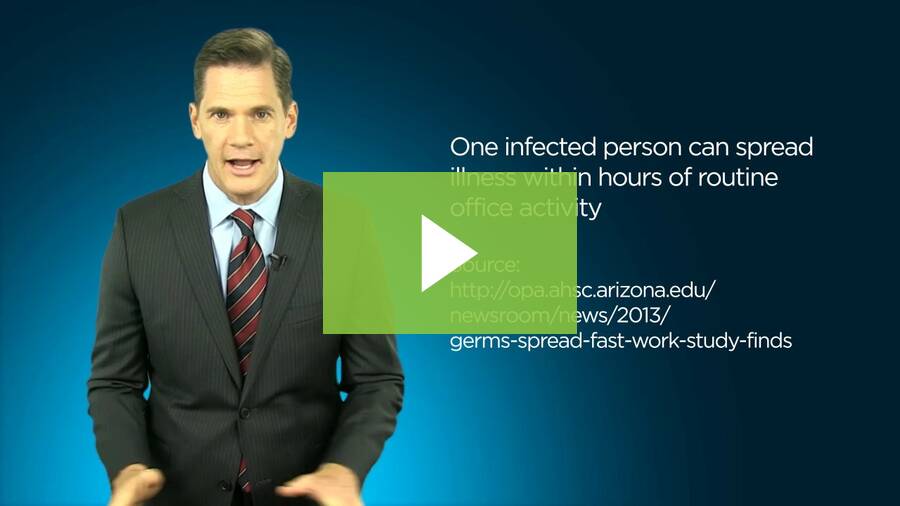DOL Now Fully Enforcing FFCRA Paid Leave Rules for Coronavirus
|
|

After observing a 30-day nonenforcement period to help employers come into compliance with new paid leave rules, the U.S. Department of Labor (DOL) has announced that it is fully enforcing all provisions of the Families First Coronavirus Response Act (FFCRA).
The FFCRA requires private employers with fewer than 500 employees and certain government employers to provide paid leave for their employees, either for the employees’ own health needs or to care for others, for reasons related to the coronavirus (COVID-19) pandemic. These requirements apply for employee leave taken between April 1 and Dec. 31, 2020.
Now that the temporary policy has expired, the DOL is fully enforcing the FFCRA. Employers may still face retroactive penalties for violations committed during the nonenforcement period under certain circumstances. According to the DOL’s frequently asked questions (FAQs) about the FFCRA, the agency will retroactively enforce violations back to the effective date of April 1, 2020, if employers have not remedied the violations. Penalties for FFCRA violations include civil lawsuits and criminal charges punishable by imprisonment and fines of up to $10,000.
The laws take effect within 15 days of passage; the leave benefits will expire on Dec. 31, 2020.
|
|
Determining When to Reopen After the Coronavirus Shutdown
|
|

While many essential businesses (e.g., hospitals, pharmacies, grocery stores and gas stations) have remained open during the COVID-19 pandemic, other operations deemed nonessential have shut down temporarily or changed the nature of their operations.
However, we may be nearing a time when stay-at-home regulations are scaled back and all businesses are allowed to resume as normal. The question then is: How will business owners know it is acceptable to reopen? The following are some best practices to keep in mind:
- Review guidance from state and local governments—The COVID-19 pandemic impacts states and regions in different ways. Just because a business is allowed to reopen in one region of the country doesn’t automatically mean your operations will be allowed to resume as well. As such, it’s critical to understand and review all relevant state and local orders to determine if and when your business is allowed to reopen.
- Understand the risks—If and when the government allows all businesses to reopen, that doesn’t necessarily mean COVID-19 is no longer a threat to your operations. What’s more, some businesses may have greater COVID-19 exposures than others, underscoring the importance of performing a thorough risk assessment before reopening. Prior to conducting a risk assessment, it’s important to review guidance from the Occupational Safety and Health Administration (OSHA), state and local agencies, industry associations as well as your local health department. More information on conducting a risk assessment can be found below.
Again, before reopening, it’s critical to seek the expertise of legal, insurance and other professionals.
|
|
EEOC Updates Employer Guidance on Coronavirus and the ADA
|
|

On April 23, 2020, the Equal Employment Opportunity Commission (EEOC) issued additional answers to FAQs about how employers should comply with the Americans with Disabilities Act (ADA) while also observing all applicable emergency workplace safety guidelines during the coronavirus pandemic. The new FAQs were added to guidance that the EEOC previously issued on March 18, April 9, and April 17, 2020.
The FAQs draw from the EEOC’s existing pandemic publication, Pandemic Preparedness in the Workplace and the ADA, to help employers navigate workplace issues related to COVID-19. In particular, the EEOC’s FAQs include information from a section of the publication that answers employer questions about what to do after a pandemic has been declared.
Employers are subject to the ADA if they have 15 or more employees. Smaller employers may be subject to similar rules under applicable state or local laws. All employers should follow the most current guidelines and suggestions for maintaining workplace safety, as issued by the CDC and any applicable state or local health agencies. Employers with 15 or more employees should also become familiar with and follow the guidance provided in the EEOC’s FAQs about ADA compliance. These and all smaller employers should ensure that they comply with state and local anti-discrimination laws as well.
|
|
Sick Workers Should Stay Home
|
|
When sick employees come to work, they can potentially spread their illness throughout the office. Learn why sick workers should stay home, especially during the COVID-19 pandemic, by watching the video below.

|
|
|
|